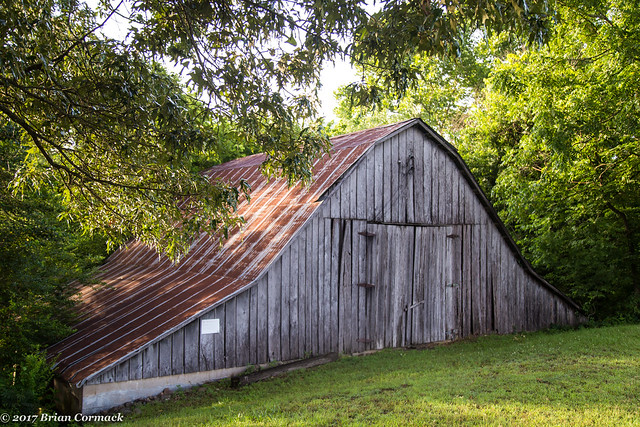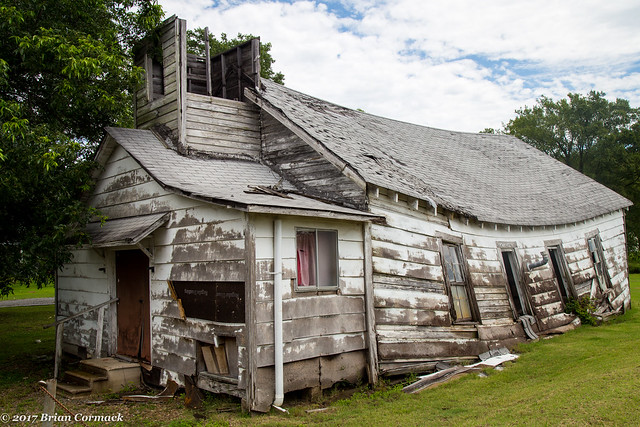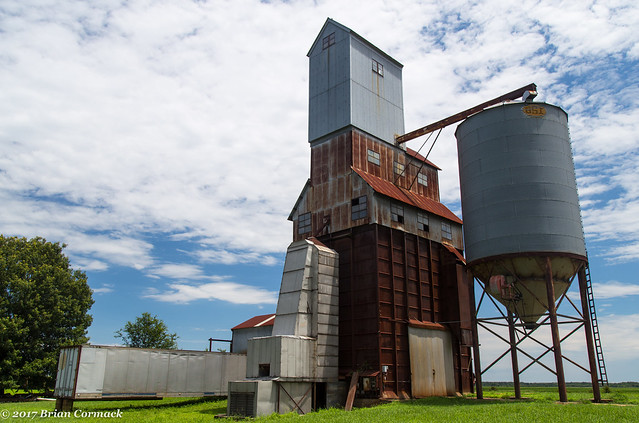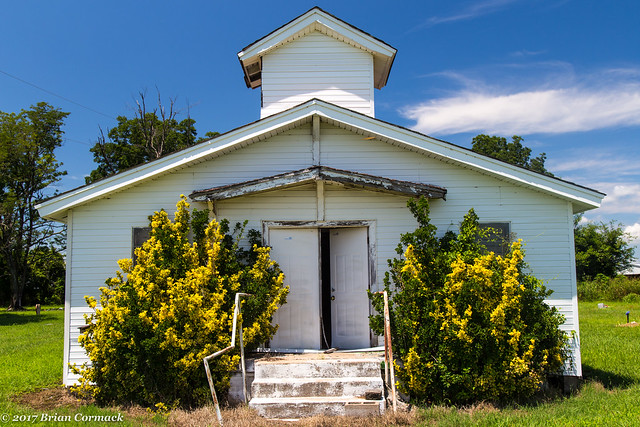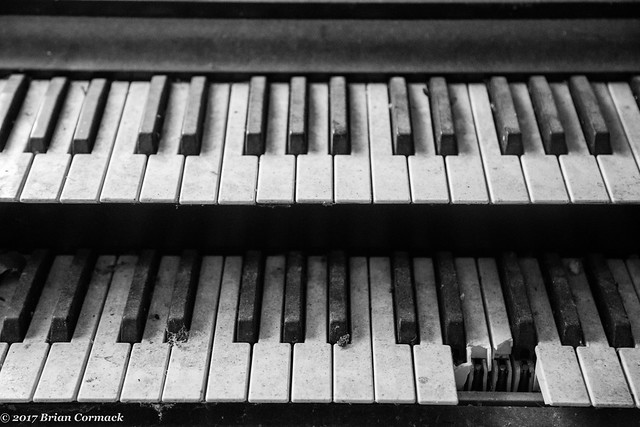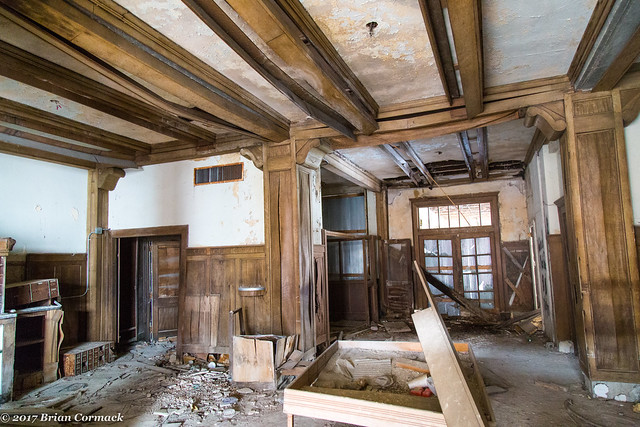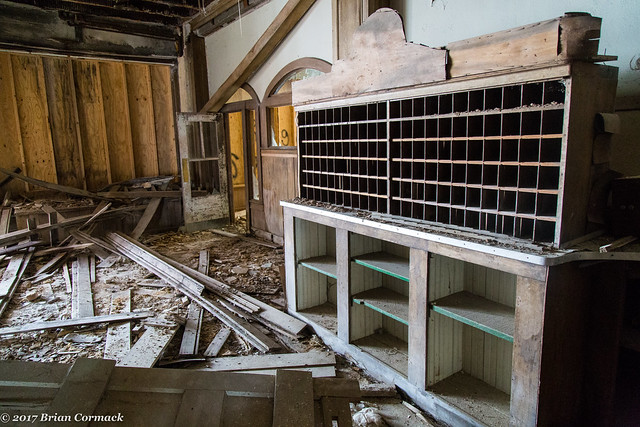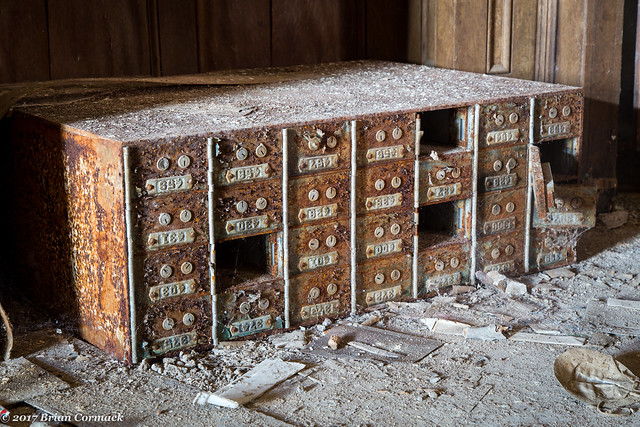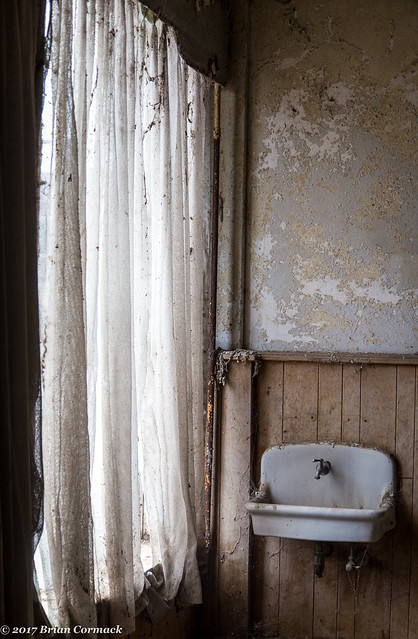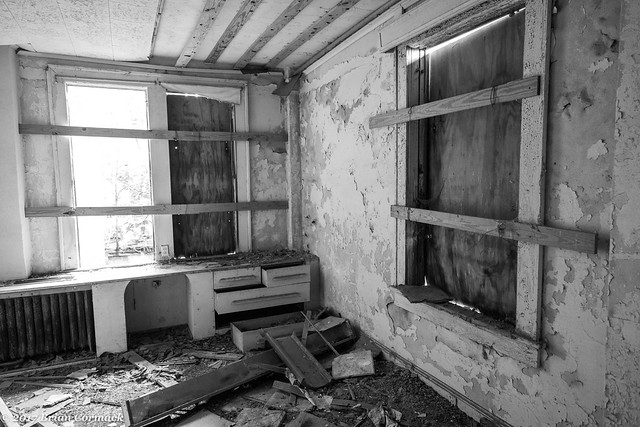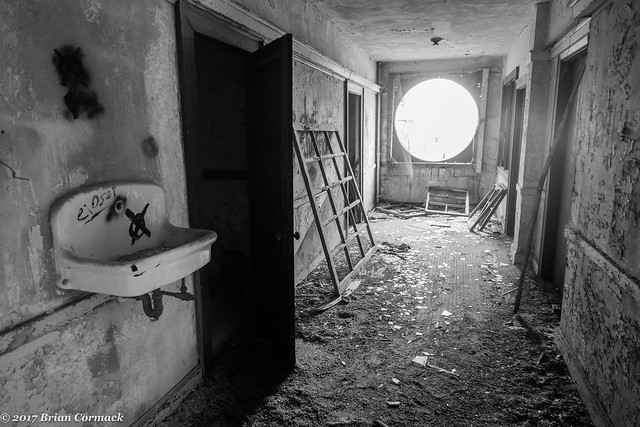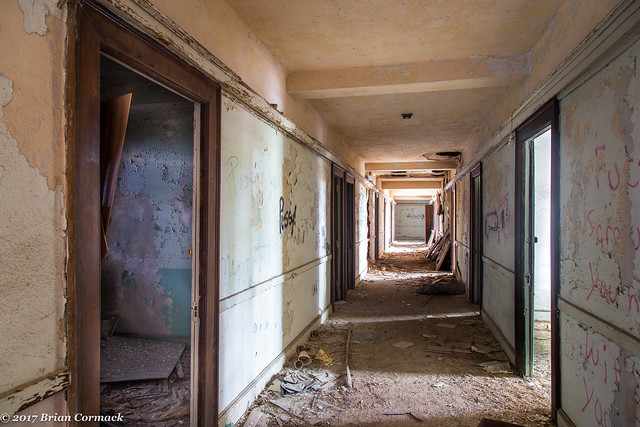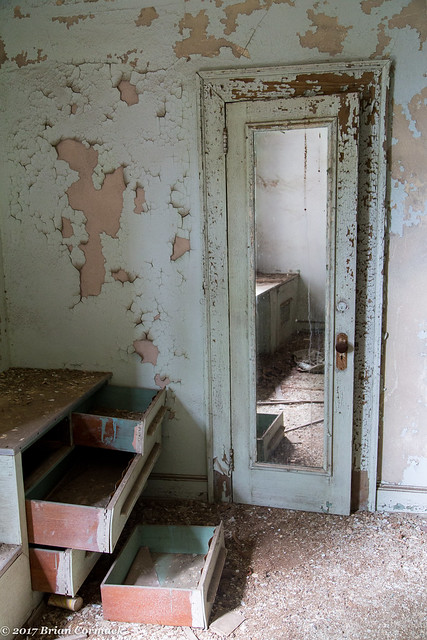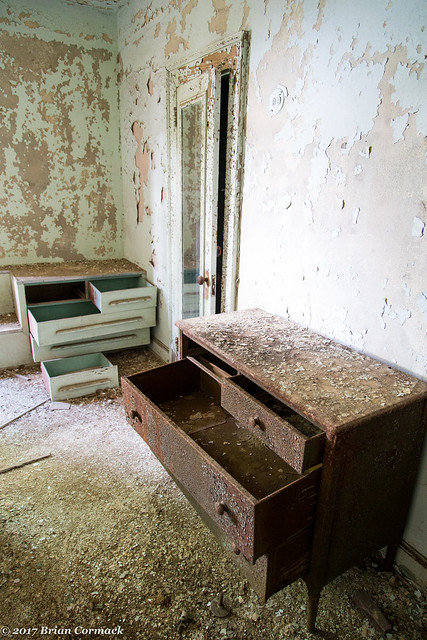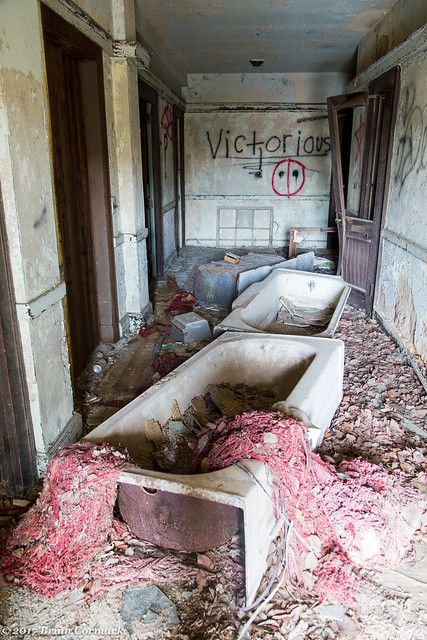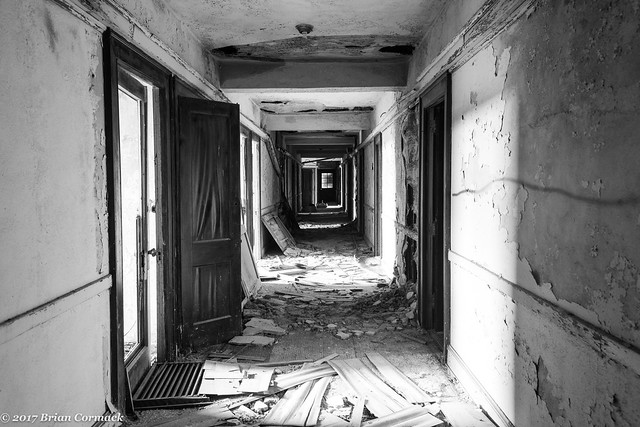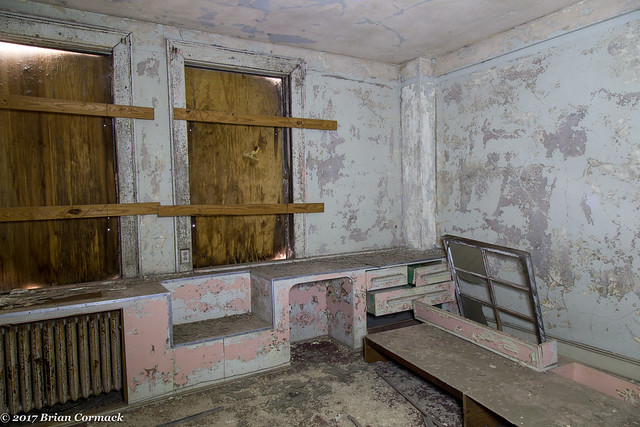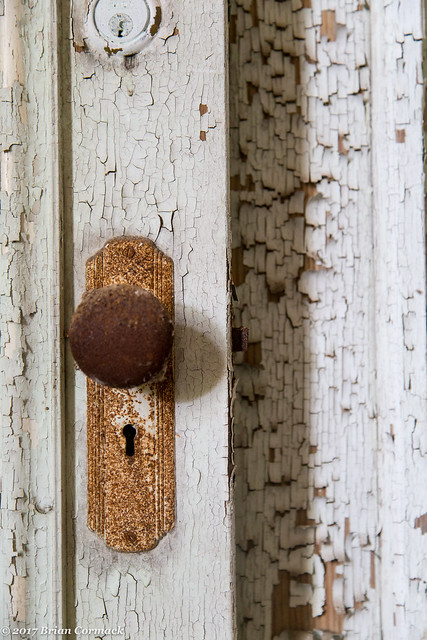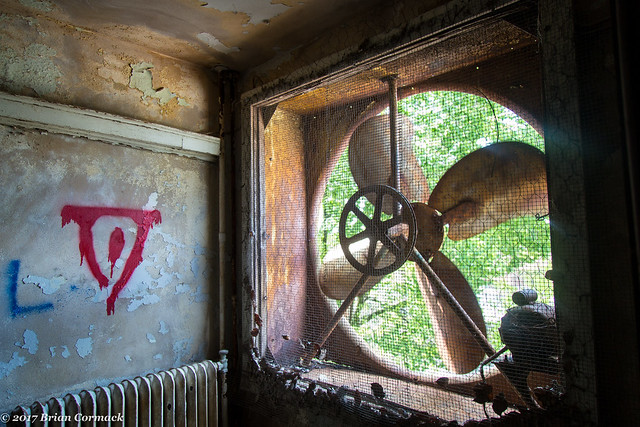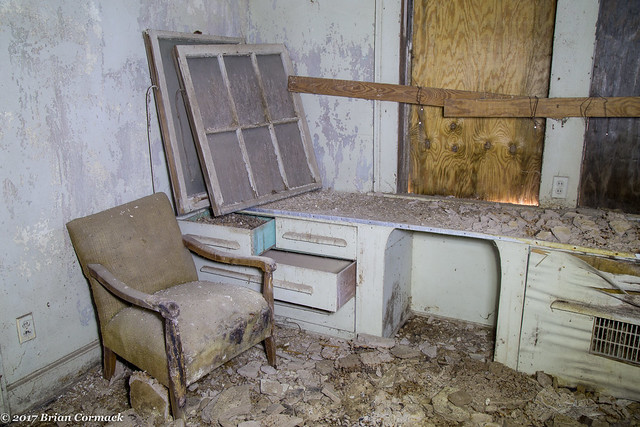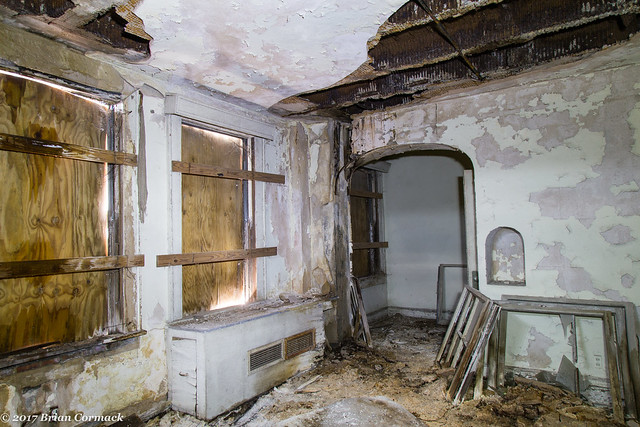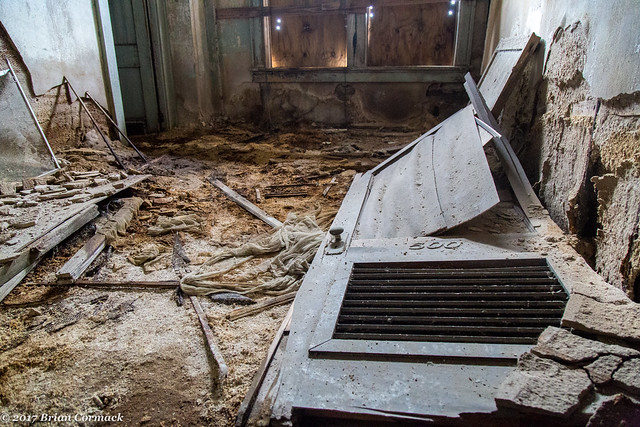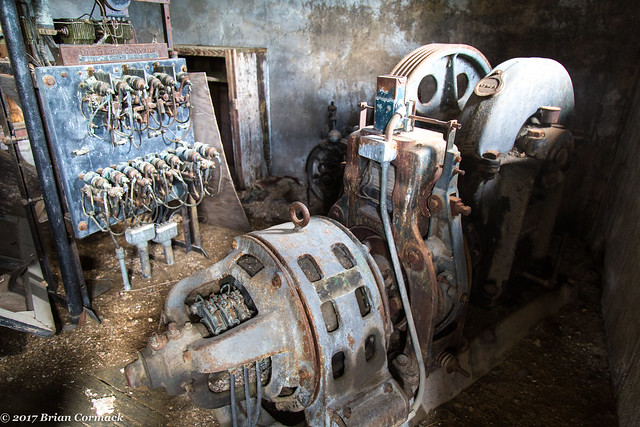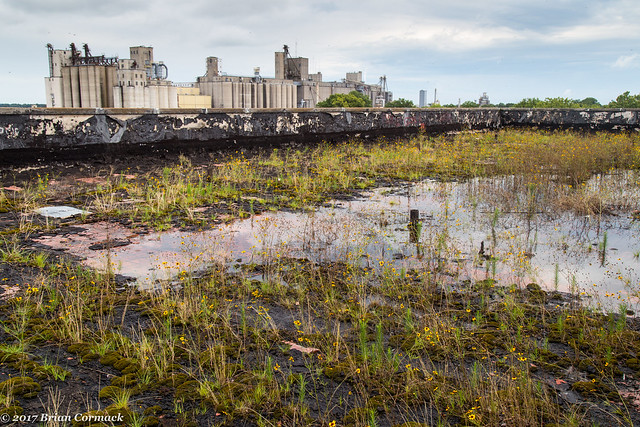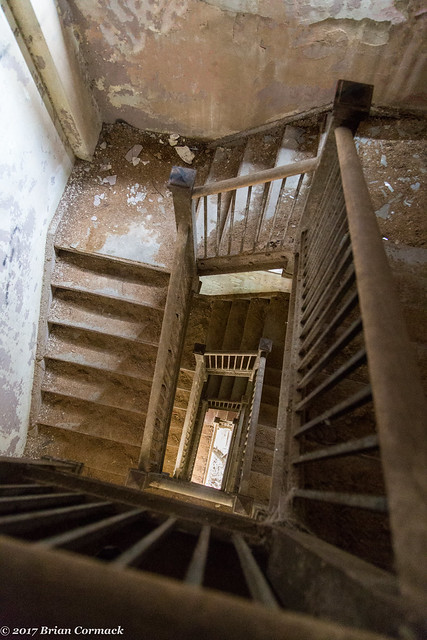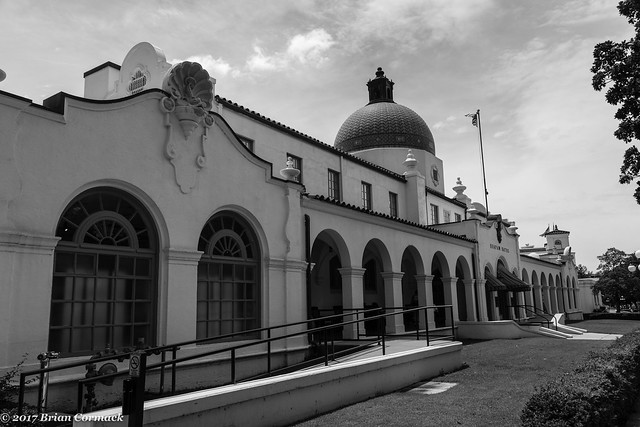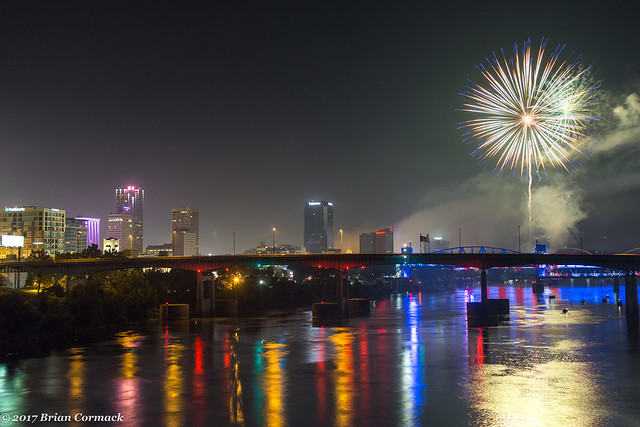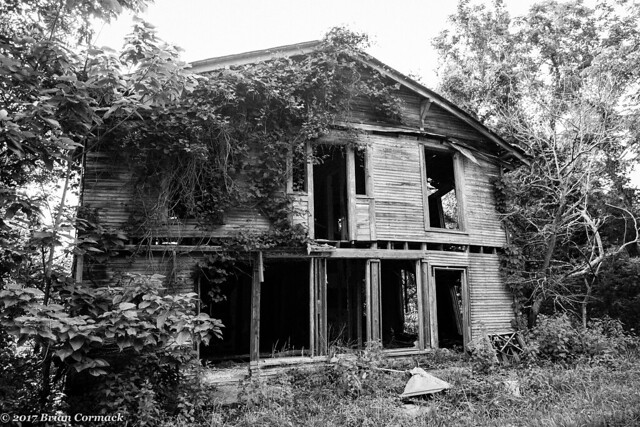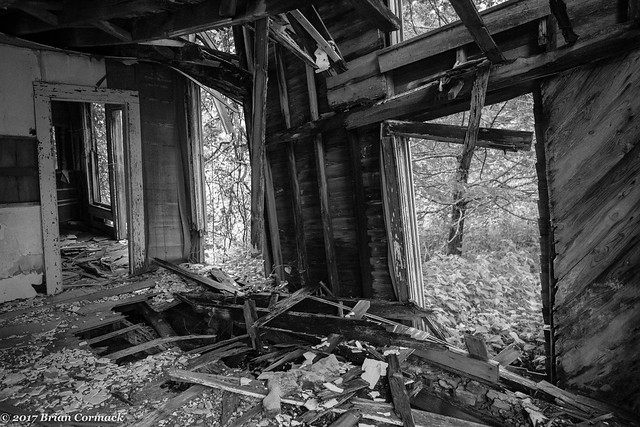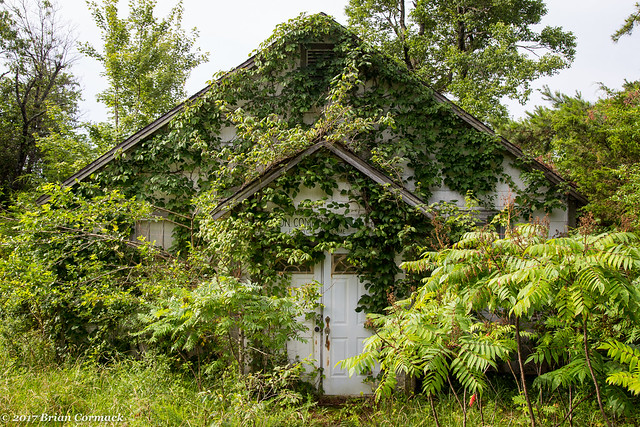I've been wanting to do a little camping/photo trip, especially before the heat of the summer settles in and makes it unbearable outside. So I headed up to the Buffalo River for a quick little overnight trip. It rained heavily on the drive up there, with remnants of a tropical storm actually moving across the state. It rained enough for the Illinois Bayou by Dover to get high and muddy, but the rains didn’t really stretch too much further north. The Buffalo River was low when I finally arrived in Boxley Valley.
The Buffalo River is one of the prettiest places in this part of the country, and Boxley Valley might just be the crown jewel of the river. Boxley is a historic district, and it does have a deep and rich history. Native Americans are thought to have lived in or around the valley for centuries. Settlers moved into the Buffalo River area and Boxley sometime around 1830. A few decades later, some small Civil War skirmishes were fought around Boxley. After the war, things quieted down and people living in the valley continued to farm and make do in a remote stretch of land.
One of the first buildings you see when you drive into the Valley is the old Villines cabin, which was built in 1850 by one of the first pioneer families to settle in Boxley Valley. The cabin was converted into a barn many decades ago, but now there were signs advising people to avoid getting too close because the building is unstable. Hopefully the National Park Service will do some work on the building soon to keep it from collapsing.
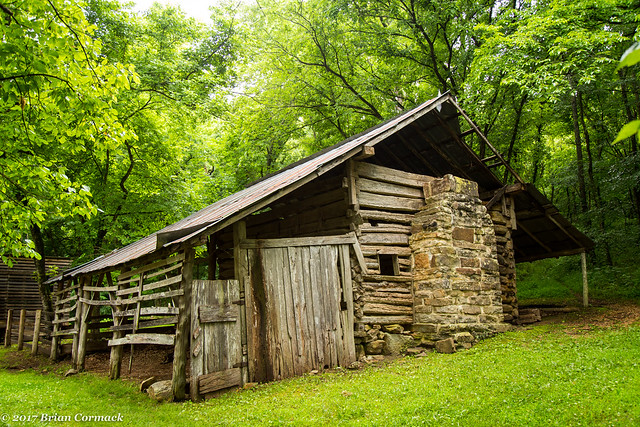
Boxley Valley is also home to lots of wildlife, including a large herd of elk and also a few trumpeter swans. There were a few elk out grazing in a pasture by the river, but I ended up stopping to get a picture of this donkey that was curiously watching the cars drive by.
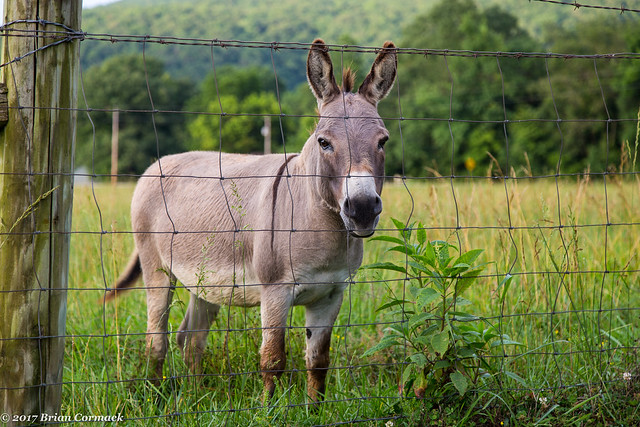
I drove across the valley and stopped at one of my favorite spots in Boxley.
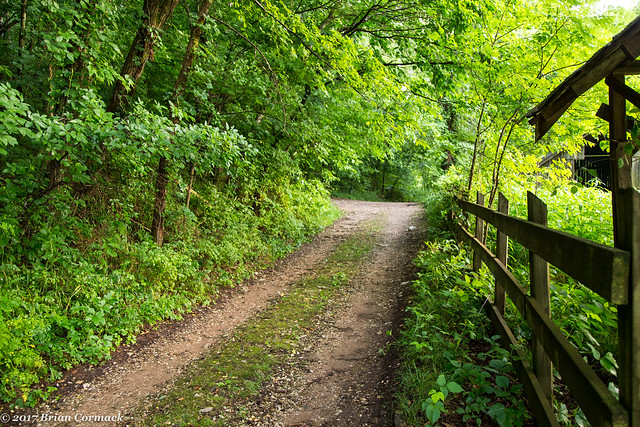
The old barn here was built sometime in the 1920s, and was surrounded by a sea of tall grass.
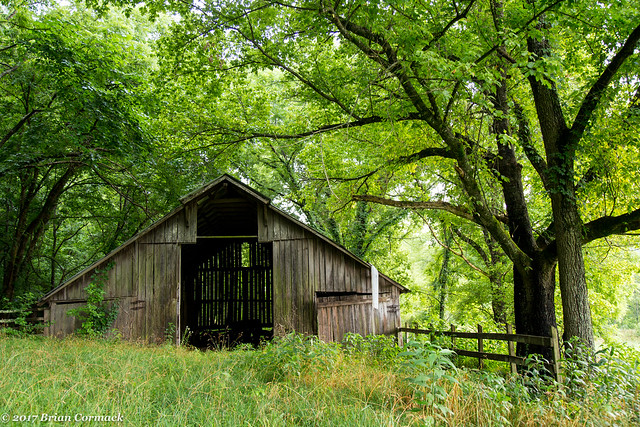
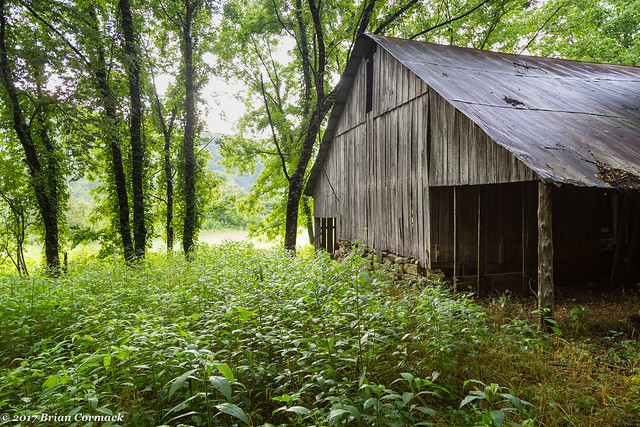
It was getting close to sunset, and golden light was streaming across the valley and hitting the fog-covered hillsides.
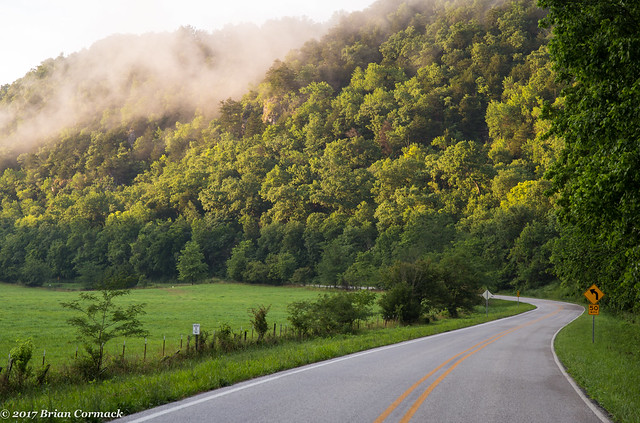
I headed over to the Steele Creek campground, and tried to get a few pictures of the river as it flowed past Roark Bluff. I ended up wading into the river (it wasn’t deep but the water was cold) to get this view. It was a peaceful evening. The smell of campfire smoke was drifting through the trees from the nearby campground, and people were swimming and fishing nearby in the river.
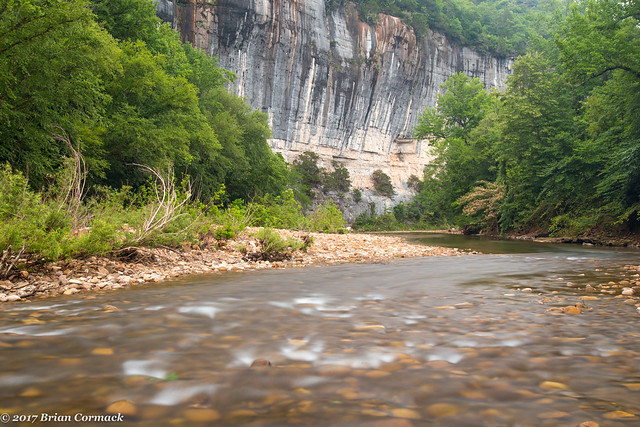
After it got dark, I headed back over to Boxley Valley to try to get a few more pictures. It was too cloudy and foggy to get any good star pictures, so instead I tried some lightpainting on this old barn.
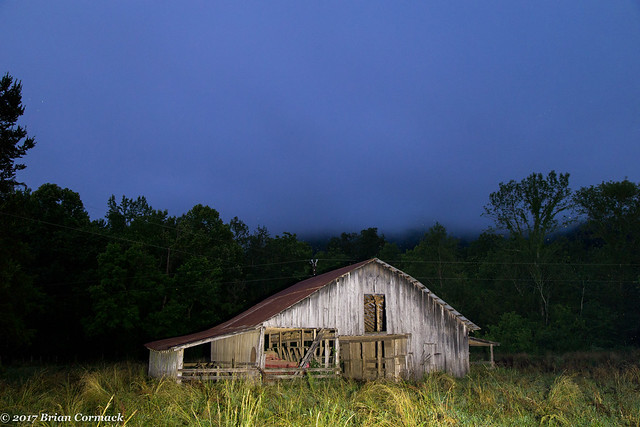
And then at the old Beechwoods Church, which was built in 1918. The cemetery in front of the church is the final resting place for many of the first families to settle in Boxley Valley.
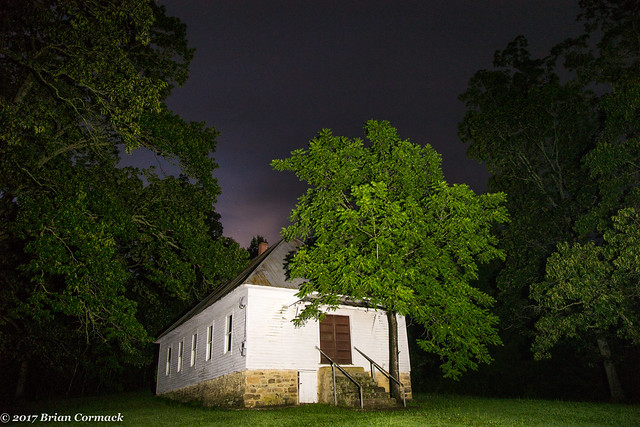
I made the short drive back to Steele Creek, and camped there overnight. It was a cool night, with lows down in the 60s. Which is camping weather you can’t really beat in the summer. I set the alarm to go off about an hour before sunrise so that I could do a short hike to an amazing overlook on the top of Roark Bluff. It was still dark when I crossed the river and headed off into the woods. I managed to miss the trail, and ended up hiking the wrong way on another trail for about 15 minutes. I backtracked and eventually found the correct trail, and then panicked because the sun was beginning to rise above the mountain. I had wanted to get to the overlook early enough to get some pictures before sunrise, but now I was running out of time. I hurried up the hill, rushing along the trail that was nearly covered by overgrown grasses that was probably home to all sorts of snakes and ticks.
But eventually I made it to the overlook, which provides a spectacular view of the river and the almost 200 foot tall bluff. Roark Bluff is the longest bluff on the Buffalo River, stretching along for about three-quarters of a mile. Fog drifted over the river, drifting through the trees along the mountains that tower over the water.
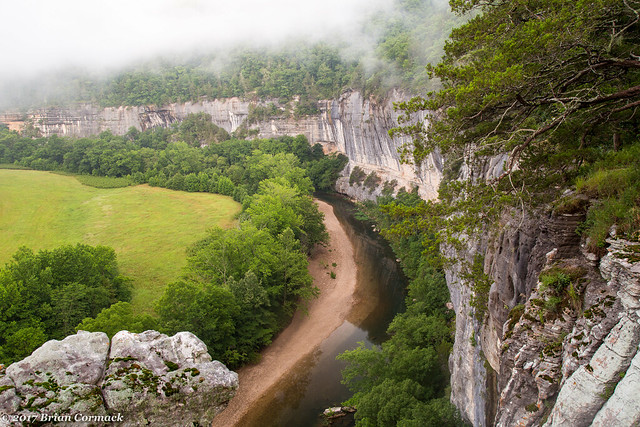
It is a pretty spot, but also very dangerous spot since you are standing a few hundred feet above the river. It is definitely not a spot to visit if you’re scared of heights, have kids with you or if you’ve been drinking. There is a narrow sliver of rock that extends even further out over the river from where I was standing, but I wasn’t brave enough to venture out that far. I took a few pictures before hiking back down the hillside to solid ground.
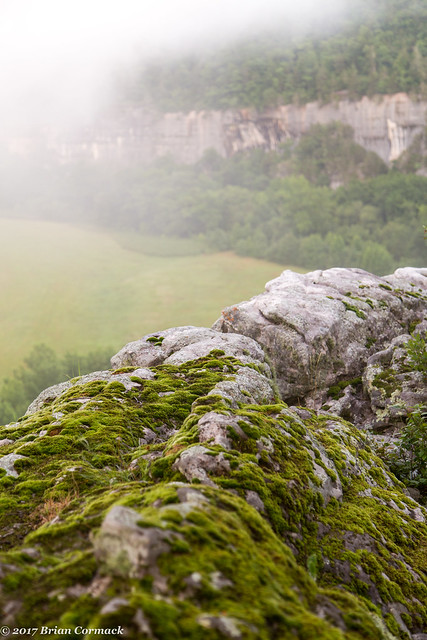
Thick fog still drifted along the river, although the sun was starting to break through. This is the view of the Buffalo River from the spot where Steele Creek flows into the river.
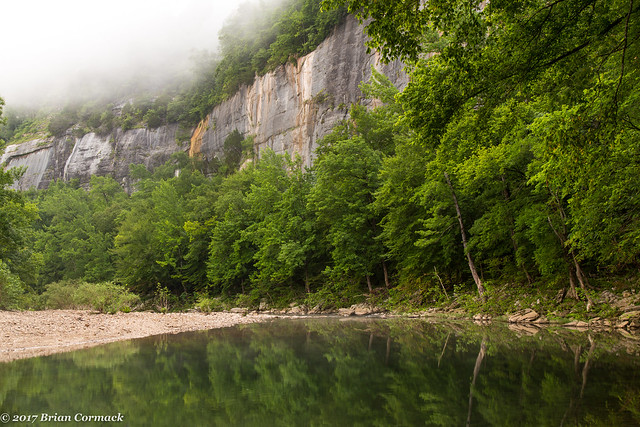
I again made the short drive back into Boxley to get a few shots before the fog burned off.
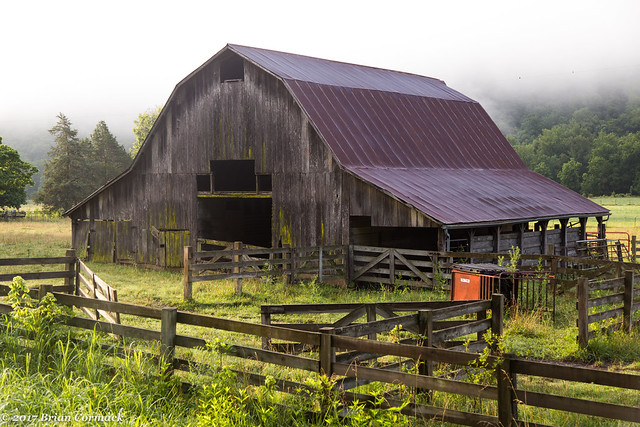
This old barn sits at the base of Cave Mountain, which does actually have a cave on it. The cave was the site of a small Civil War skirmish, when Union troops attacked some Confederate troops who were mining bat guano in the cave that they had intended to turn into gun powder.
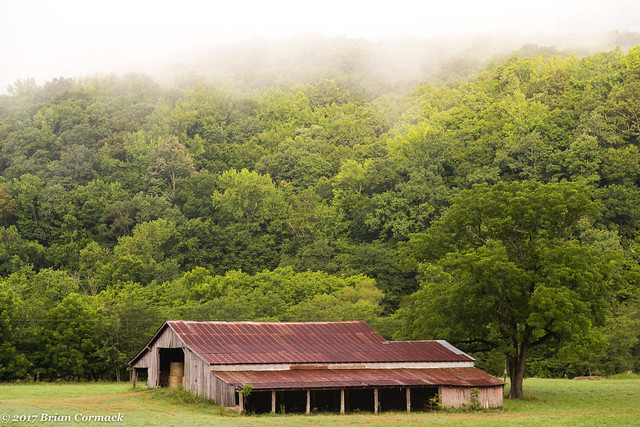
And one lost old barn shot, taken before starting the drive back home. This is a strange little barn that is built directly into the side of a hill.
